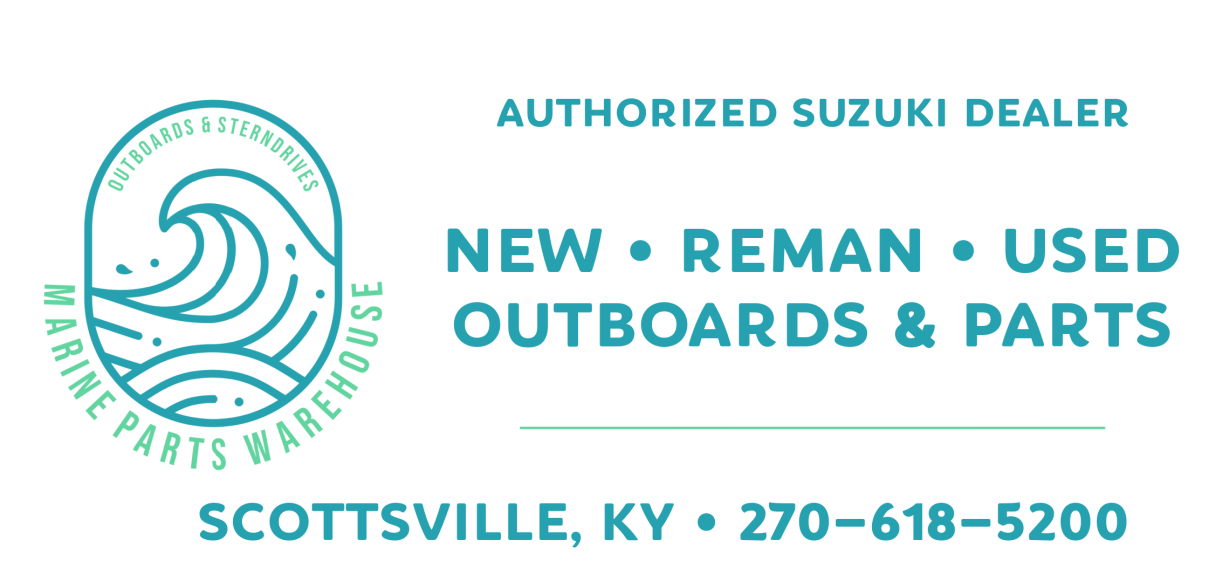Yamaha vs Mercury Outboards Motors - Which is Better?
Choosing the right outboard motor is a pivotal decision for any boat owner, particularly when deciding between Yamaha and Mercury. Both brands are industry leaders, offering distinct advantages that cater to different boating needs.
Whether you're an experienced sailor, a casual enthusiast, or someone looking for consistent performance, understanding the strengths of each brand is key. For instance, Yamaha outboards are known for their fuel efficiency and quiet operation, making them a great choice for long journeys.
Meanwhile, Mercury motors excel in power and speed, ideal for those seeking high-performance and quick acceleration. By identifying the unique qualities of each, you can make an informed choice that saves you time, money, and frustration.
In this article, we will share a detailed comparison of Yamaha and Mercury outboards, covering performance, technology, reliability, and more, to help you decide which is the best fit for your boating needs!
A Quick Comparison: Yamaha vs Mercury Outboards
| Features | Yamaha Outboards | Mercury Outboards |
| Performance | Smooth, quiet operation with reliable power | High-powered, ideal for speed and acceleration |
| Fuel Efficiency | Excellent for fuel capacity, especially for a long trip | Good fuel efficiency, especially in FourStroke models |
| Durability | Built to withstand harsh marine environments | Known for powerful engines built for performance |
Vibration |
Quiet operation with reduced vibration |
Sound Vibration dampening technology for smoother, quieter performance |
Maintenance |
Longer intervals between service requirements |
Requires more frequent service for performance engines |
| Warranty | 3-year standard warranty with extension options | 3-year limited warranty, up to 5 years for Verado models |
| Resale Value | Retains value well, especially in recreational markets | Strong resale value, particularly for high-performance models |
| Customer Support | Extensive global service network | Widely available service centers and fast support |
Brand Background and Reputation
Before exploring the technical differences, it’s important to understand the legacy and reputation of Yamaha’s and Mercury in the outboard motor industry. As their histories and innovations play an crucial role in the customer trust and market share.
Yamaha’s Legacy: Innovation Meets Reliability
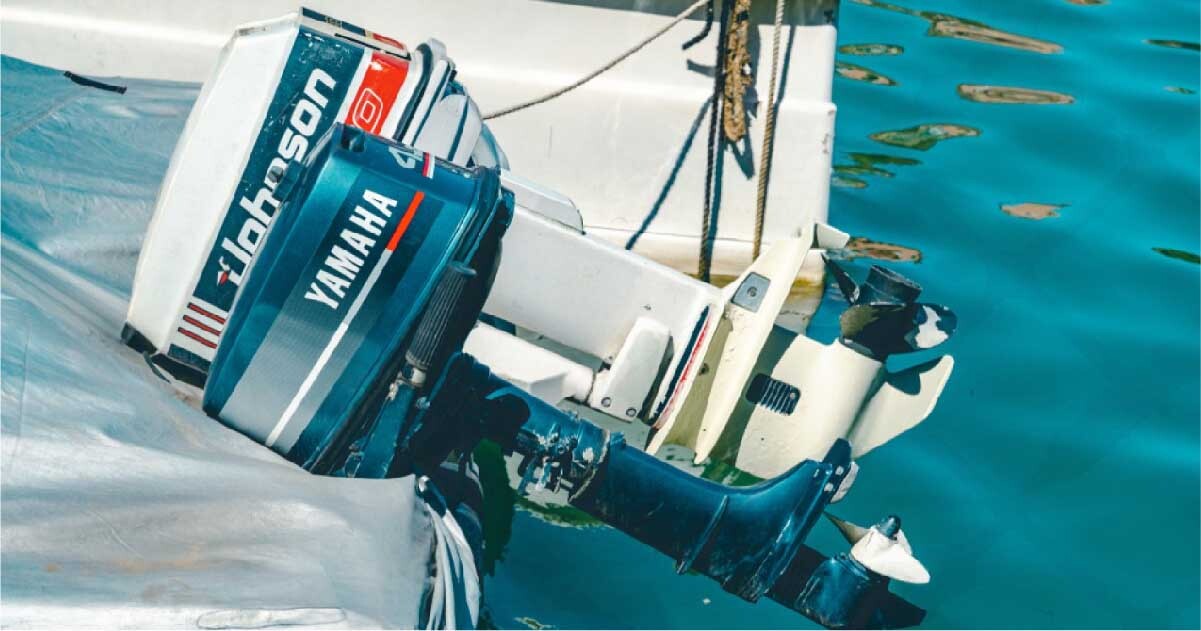 shutterstock/Vivitta
shutterstock/Vivitta
Founded in 1953, Yamaha earned a reputation over the years to blend innovation and reliability in the marine industry. Yamaha outboard motors are always known for being durable, efficient on fuel, and smooth operations. Yamaha engines are trusted across the world by boaters.
The corporation commitment to advanced technology shines through innovations like corrosion-resistant coatings that result in longer lives for engines despite harsh marine conditions. Yamaha became the brand where boaters needed performance with the promise of a long life for their boat.
Mercury’s Legacy: Leading with Power and Precision
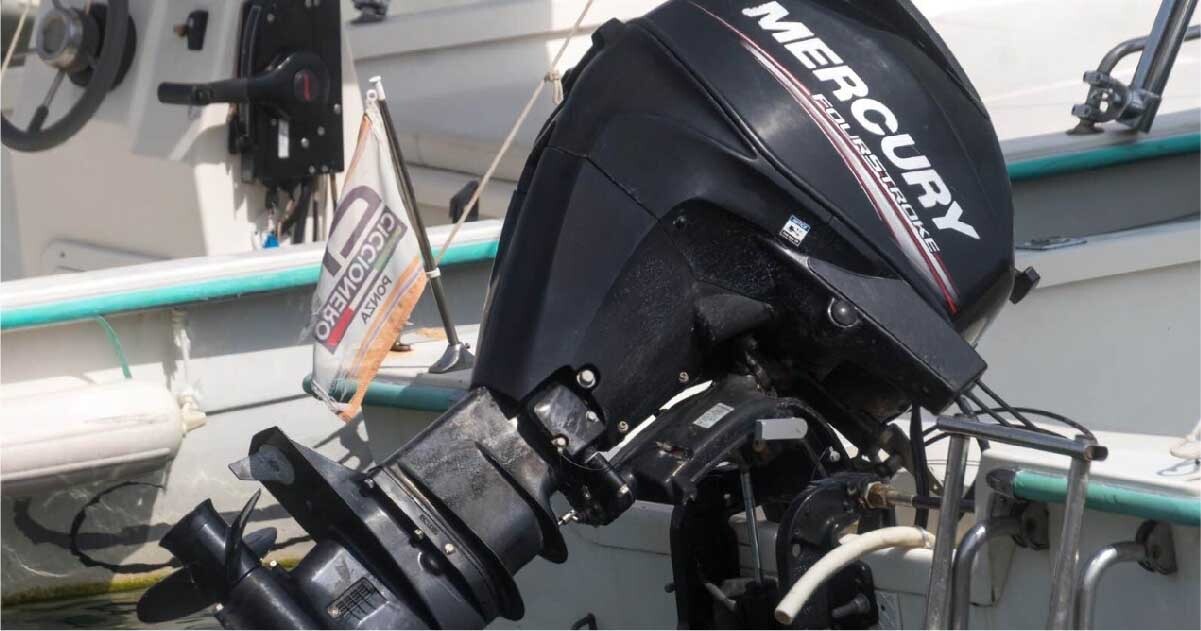
dreamstime/Cineberg
Founded in 1939 as a division of the Brunswick Corporation, Mercury has become synonymous with high-performance motors for recreational and heavy-duty applications in professional boating. Mercury outboards give highly effective yields in power, speed, and accuracy, making them prominent among users of sport and heavy-duty boats.
Innovations such as relentless testing and advanced engine management systems allow Mercury to provide unmatched horsepower and efficiency. Their focus on high-powered engines has earned them a loyal customer base, especially among those who demand peak performance.
Both of the brands have achieved a global reputation; however, each one of them has its own strengths by the types of boats they're suited for. Yamaha tends to focus more on quieter and smoother operations, while Mercury leans more heavily into high-powered motors for sport and heavy-duty boating.
1. Performance and Technology Comparison
Now, let’s explore the core of the discussion: performance and technology Ultimately, the power, efficiency, and overall function of your outboard motor play a vital role in shaping the enjoyment and reliability of your boating experience.
Power and Acceleration: A True Face-Off
A Genuine Comparison in terms of power and acceleration, both Yamaha and Mercury stand out with impressive performance. Yamaha outboards are recognized for their smooth and responsive acceleration, particularly in the mid-range power spectrum. They generally operate with less noise and vibration, providing a more tranquil experience on the water.
Conversely, Mercury outboards typically offer more horsepower at higher RPMs, which is essential for boats requiring rapid acceleration or working in challenging conditions. Their engines are often designed to deliver high-speed performance, making them popular among competitive boaters and those seeking greater power availability.
Fuel Efficiency: Maximizing Your Time on the Water
When it comes to fuel efficiency, Yamaha outboards seem to have the edge. Yamaha's advanced fuel injection systems and electronic controls ensure that their motors provide great fuel economy without sacrificing performance. This makes them ideal for long trips or fishing expeditions where every drop of fuel counts.
Mercury is also famous for its fuel-saving outboards, especially with their FourStroke engines. This motor designs have a 'save fuel' mode, but some users feel that with the actual usage, Yamaha still usually gives a little better mileage in specific conditions, especially in their high-performance models that also integrate advanced technology.
Noise and Vibration: Silent Ride vs. Advanced Sound Attenuation
Yamaha outboards are more silent in their operation, being designed with superior quality and smooth engineering. If one values having a quiet day on the water, Yamaha would be the top choice. Also, the noise level is reduced, making it a good choice for anglers or boaters who need an experience that's less disrupting.
Mercury, though quieter than most of the older models, still provides advanced sound-dampening technologies in some of their outboards, such as the Verado series. These motors are designed with innovative features that reduce vibration and noise to create a balance between performance and comfort. Yamaha, however, is usually ahead of the pack in this regard.
2. Durability and Build Quality
Marine conditions are hard on equipment, and your outboard motor should be built tough to provide performance over the long term. Both Yamaha and Mercury have reputations for durability, but each uses materials and approaches slightly differently to guarantee their engines' lifespan.
Materials and Lifetime
Yamaha outboards has a reputation for making outboard motors with superior materials, such as corrosion-resistant coatings and marine-grade alloys. These characteristics make Yamaha outboards perform exceptionally well in freshwater and saltwater. Their engines are especially admired for their ability to withstand the severity of saltwater exposure, as many users report that their motors last up to 50 years with minimal maintenance.
The use of aluminum alloys combined with advanced anti-corrosion treatments makes Yamaha outboards strong and resistant to wear and tear, even under extreme conditions. Mercury also invests heavily in high-quality materials, but its focus is more on performance.
Mercury outboards are designed to be strong and powerful, built to execute under the toughest boating conditions, particularly in high-demand sports and heavy-duty use. Mercury engines use durable components. But their slightly heavier construction can be attributed to their focus on delivering maximum horsepower and speed.
However, the lifespan of Mercury motors is as long as that of Yamaha motors, and the maintenance needs may be higher because their motors are high-performance.
Maintenance Schedules
Yamaha motors are often extolled as user-friendly for maintenance schedules that go a little longer between needed service checks. Thus, the ideal option for any boater is Yamaha because the guidelines are always clear and direct in keeping the motor in its prime condition without regular visits to the mechanic.
Mercury motors are also reliable but would need to be serviced a bit more frequently since their design is more performance-oriented. The engines are built to optimize output power, which can sometimes translate into harder-to-satisfy maintenance requirements. Nonetheless, Mercury outboards have been known to provide great durability and high levels of performance for those who will commit themselves to regular care and attention.
Ultimately, both brands offer strong durability, but the choice of materials and build quality will depend on whether you prioritize longevity and low maintenance (Yamaha) or high performance with more frequent service intervals (Mercury).
3. Customer Support and Warranty
Both Yamaha and Mercury are committed to customer satisfaction, and their warranties reflect these:
Yamaha Warranty: Long-term Peace of Mind
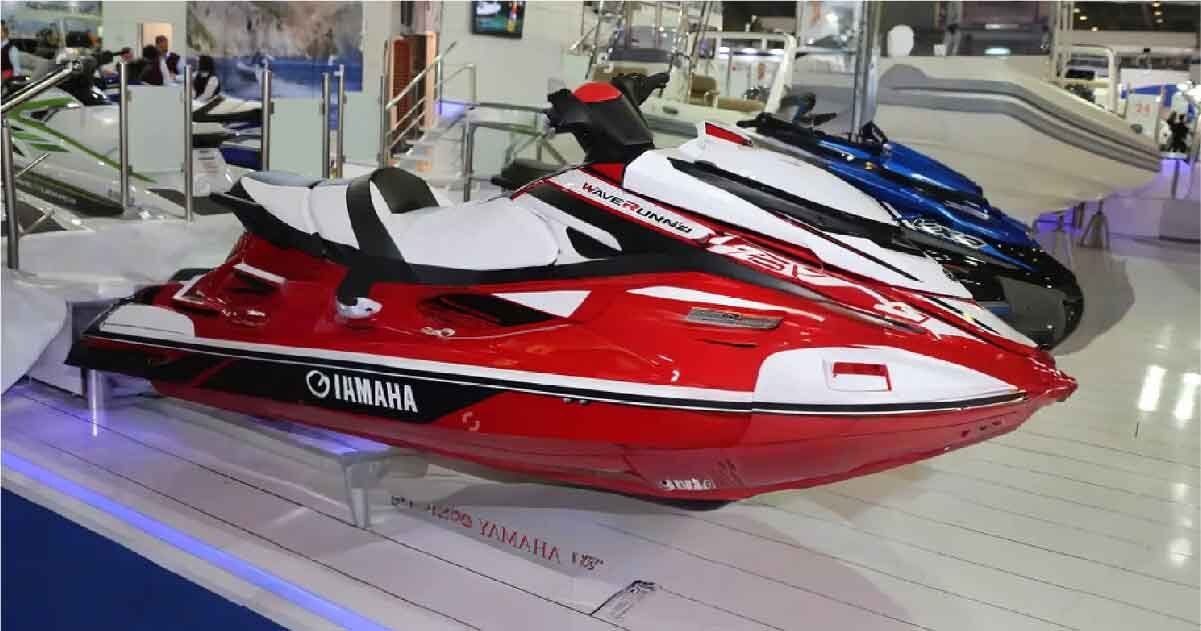
shutterstock/EvrenKalinbacak
Yamaha offers some of the best warranty coverage in the industry. Their limited warranty typically lasts three years, and they also offer extended protection. Yamaha has a comprehensive network of service centers worldwide, ensuring that parts and expert repair services are readily available.
Mercury Warranty: Full Coverage
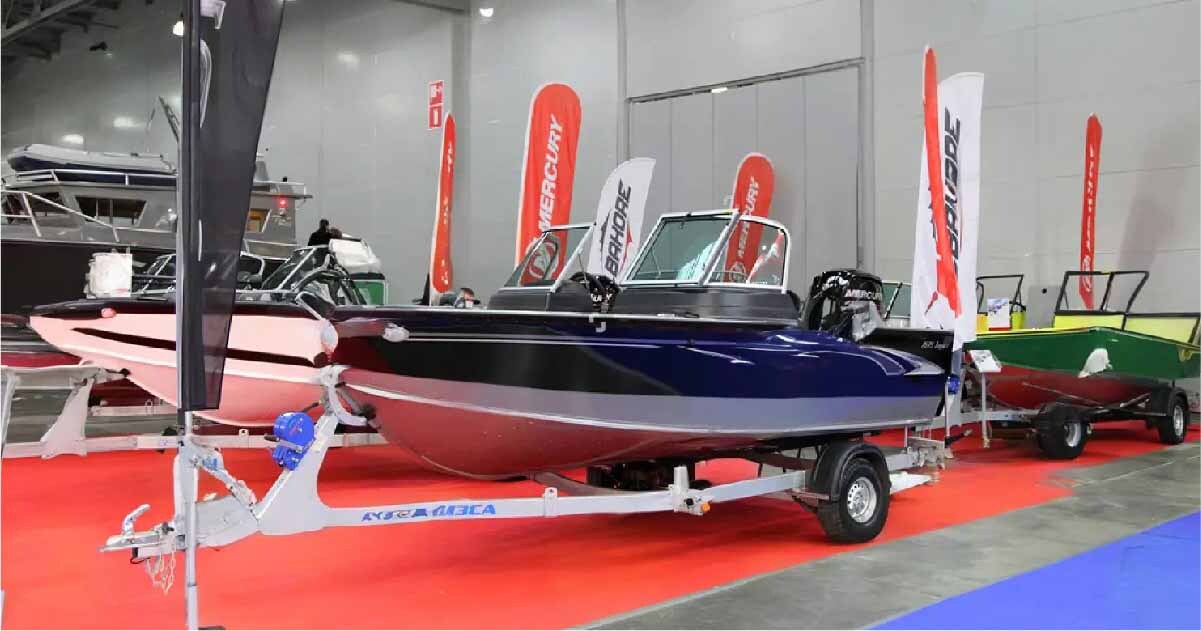
shutterstock/ilmarinfoto
It also offers a similar warranty, wherein most models are covered under a limited warranty of three years. However, Mercury does offer a "verado" warranty for its premium models, where the coverage may be up to five years in certain instances. Mercury's customer support network is vast, and the company's service centers have gained a reputation for fast, hassle-free service.
Key Considerations When Choosing Outboard Motors
Here are a few things to consider when deciding which oyboard motor will suit your boat the best:
- Budget: The two brands are premium, and Yamaha outboards may be a little pricier to purchase at first. Yet, their efficiency in fuel usage and durability could pay off later on.
- Boat Size and Usage: Larger boats often require more powerful engines, so if you're looking for speed and horsepower, Mercury might be the better fit. Smaller boats or those used for leisurely activities could benefit from Yamaha's quiet and efficient motors.
- Personal Preference: Individual persons have different needs or preferences. Some people want quiet, fuel efficiency, while others demand raw power and speed. Just test drive different models according to your personal needs in boating.
- Environmental Impact: This would include considering the environmental impact of the engine. Some models in both brands have been made more environmentally friendly by reducing emissions and increasing the mileage of fuel consumed.
- Portability and Storage: Some outboards are easier to store and transport than others. If you’re moving your engine frequently or have limited storage, this may be an important factor.
- Brand Loyalty: You will have a tendency to stay with a brand long-term. So, if you have had some good experiences either with Yamaha or Mercury, then you might just want to continue with the same brand.
- Customization: Both brands come in different sizes of engines, accessories, and configurations. Compare if there is a customization option that would best fit your style of boating or specific requirements.
Conclusion
Both Yamaha and Mercury offer great outboards, so the choice really depends on what matters more to you: Yamaha really impresses with its quiet operation, efficiency with less fuel, and overall durability over a long time, so it's best for casual boaters and anglers. Mercury, though, offers great raw power and performance, making it ideal for those requiring speed and strength.
Before making your final decision, test both brands if possible. Choose based on your needs, preferences, and budget, and you’ll be sure to enjoy your time on the water.
Ready to find the perfect outboard motor for your next adventure?
Browse our exclusive collection of Yamaha and Mercury outboards now!
Posted by Brian Whiteside
